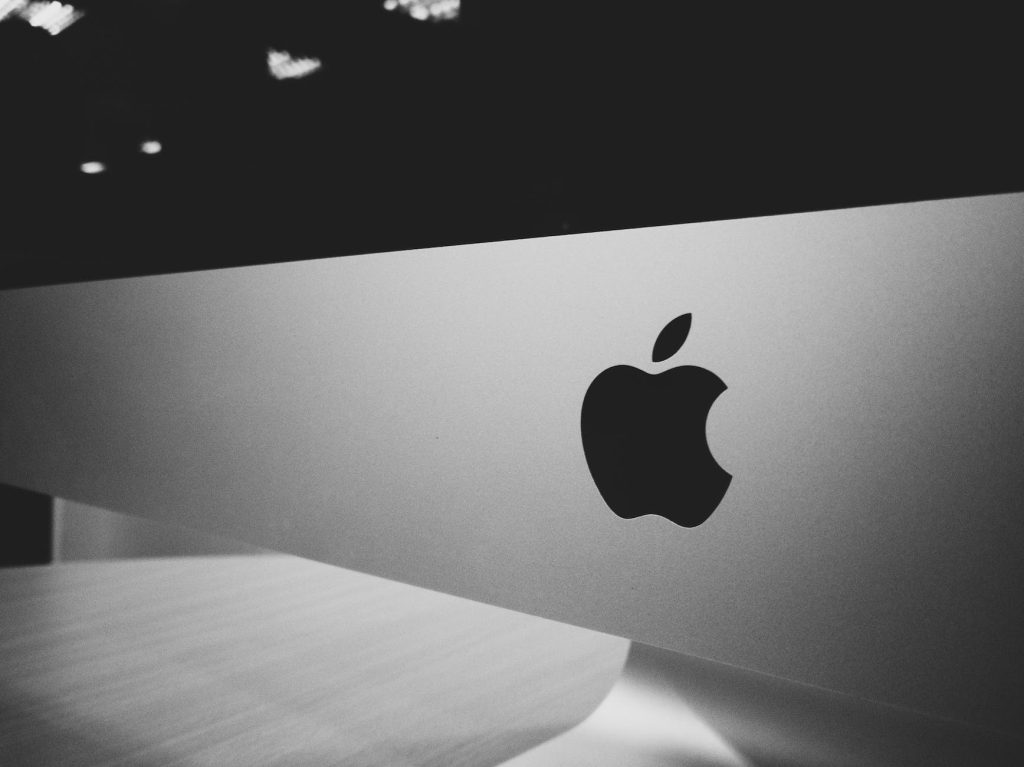In an era where executive transitions can make or break companies, Apple’s CEO Tim Cook has made it clear that he’s seriously considering the company’s future beyond his tenure. On a recent episode of Dua Lipa’s podcast “At Your Service,” Cook revealed his preference for an internal successor, a notion that aligns with Apple’s culture of cultivating leaders from within.
While speaking with the singer and podcast host Dua Lipa, Cook was faced with a direct inquiry about his potential successor at Apple. Cook smiled and diverged slightly, not providing a specific name, but emphasized the work he’s doing to prepare “several people” whom the board could eventually select for Apple’s top job. This preparation seems to mirror Apple’s overall methodology—a thoughtful and strategic grooming process, enhancing the skill set of multiple potential internal candidates.
Even with a rigorous schedule that starts before the crack of dawn at 3:45 a.m., Cook professed his deep connection to Apple. Amid a series of intense meetings and decision-making responsibilities, he admitted he couldn’t imagine a life without the influence of the company he’s led since August 2011, when he took the reins from founder Steve Jobs. His commitment to Apple is reflected in his dedication not only to the company’s present but also to its strategic future.

Apple has historically managed succession with gravity and foresight. When Cook stepped up to succeed Jobs—a historic moment in Silicon Valley—the world watched and speculated whether he could uphold the legacy of innovation that Steve Jobs represented. Despite the doubts, under Cook’s leadership, Apple has not just sustained but expanded its product lines and burgeoned in market value. From pioneering the Apple Watch to launching AirPods, to stretching the iPhone lineup, Cook has led the company to greater heights, even surpassing a $3 trillion market cap.
The road ahead for Apple remains ambitious, with analysts speculating that it may reach a market valuation of $4 trillion by 2025. With Cook’s strategic mindset and acknowledgment of the unpredictability of life, his conscientious approach toward succession planning is not just prudent but necessary for the company’s continuity. Cook assured Lipa and, by extension, all stakeholders that contingency plans are deeply embedded within Apple’s operational ethos.
“The company has a plan in place,” Cook remarked, reflecting on the unforeseen occurrences that could necessitate a sudden change in leadership. His candid acknowledgment of the risks and his proactive attitude towards mitigating them underscore a critical understanding that the stewardship of a company like Apple requires a seamless plan for the unexpected.
Overall, Tim Cook’s vision for an internally sourced successor is a testament to the company’s tradition of innovation and leadership development. As he continues to steer Apple, shaping its next chapter of technology and influence, he is also carefully sculpting the foundation for a new leader to advance Apple’s story—one whose identity remains shielded for now, but who will undoubtedly emerge from the very fabric of Apple’s culture.



